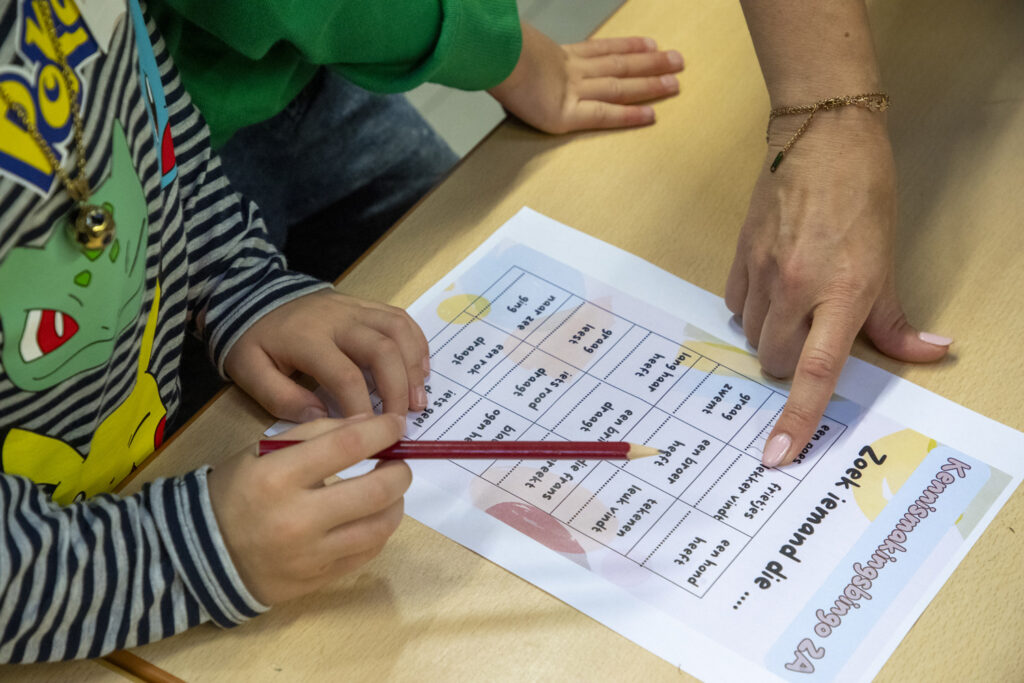The Fédération Wallonie-Bruxelles (FWB) will see a decrease of around 10% in student numbers within the next decade, according to demographic projections revealed on Monday in the 19th edition of the Education Indicators report.
In the past five years, the overall student population has already decreased by 1.6%, with a sharper decline in nursery schools (-5.8%) compared to primary schools (-3.1%). However, secondary education saw a slight increase (+1.7%).
This decline is expected to intensify in the coming decade. Long-term demographic forecasts predict more significant reductions by 2037-2038, with expected drops of 9.5% in primary and 11% in secondary schools, according to the study.
Despite this decline, the gross enrolment rate has recently risen at all levels, indicating a continuous improvement in access to education for all students.
The rate of retaking the school year in secondary schools has notably decreased by 7% over five years, indicating progress in student advancement. However, rates of retakes – which fell significantly in 2020-2021 due to the health crisis – have increased in the past two years, returning to pre-Covid levels.
The overall certification rate at the end of the sixth year of secondary school remains high at 89.8%. The dropout rate remains stable but concerning, mainly affecting young people aged 18 to 24.
Related News
- Does Belgium's high spend on education make for highly-educated children?
- Registration, exams and quality: All you need to know about education in Belgium
- The good, the bad, and the bizarre: An expat experience with Belgian schools
Public spending on education has increased. Excluding inflation, spending on regular education over the past ten years has risen by 9.1% in nursery, 6.9% in primary, and 2.5% in secondary education. Funding for special education has grown by 21.0%.
The FWB allocates more than 70% of its budget to education.
The indicators also confirm a persistent correlation between students' socioeconomic index (ISE) and their academic progress: the lower the ISE, the higher the rate of retakes. Precise identification of these challenges allows for targeted efforts to reduce social disparities and reinforce equity within the educational system.
In 2022, just over 500,000 children were enrolled in nursery and primary education and 388,000 in secondary education in the FWB.

